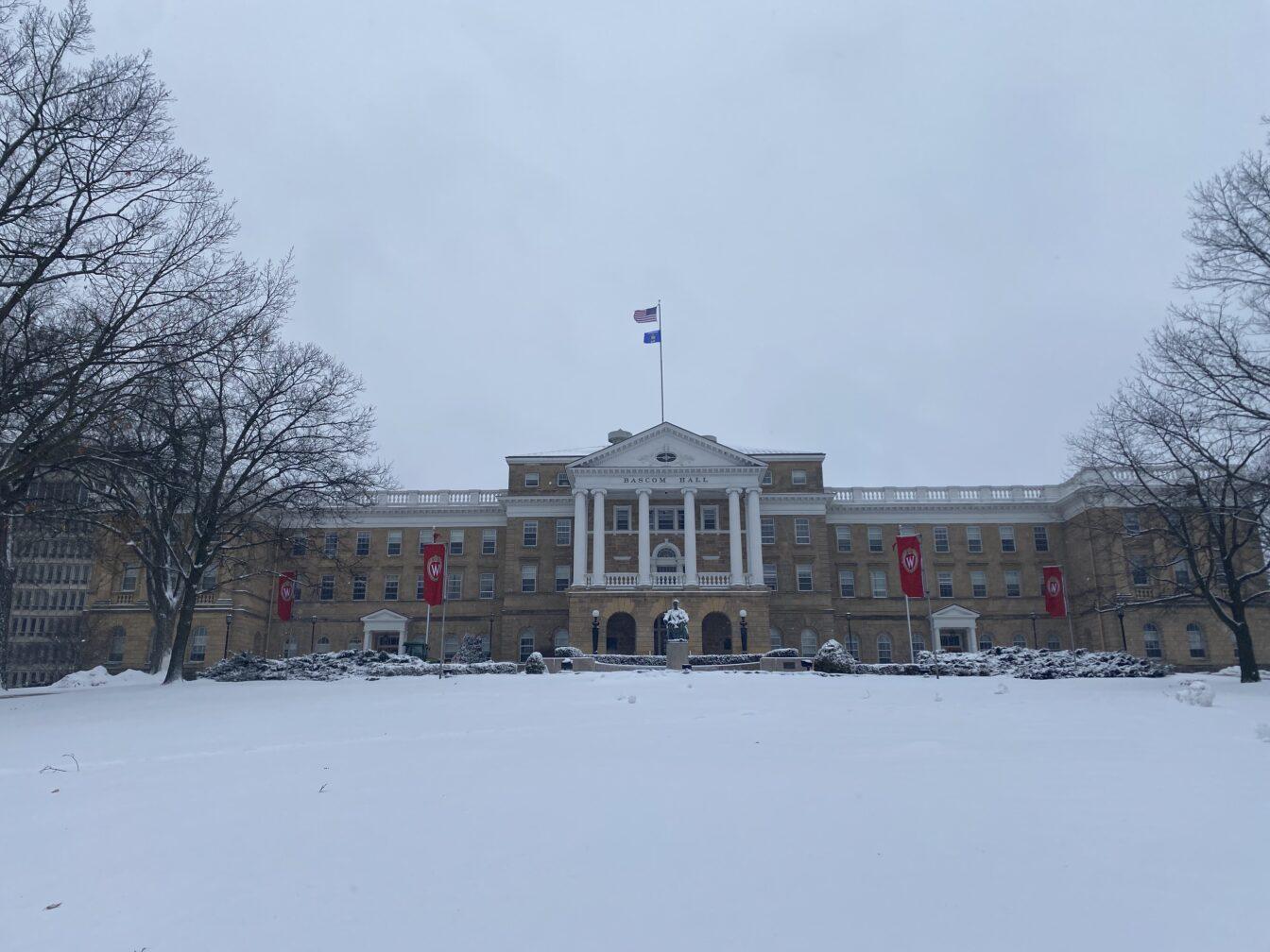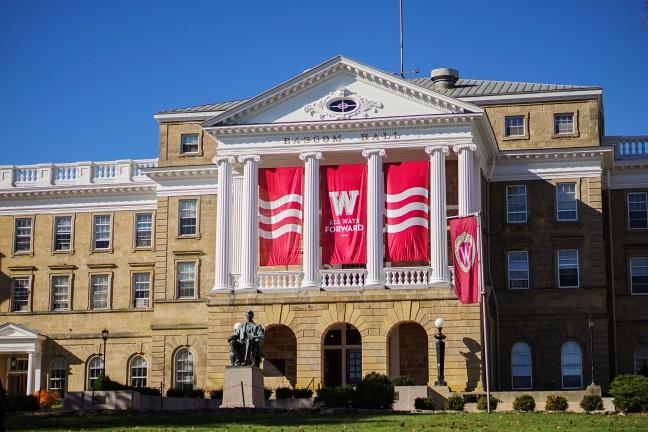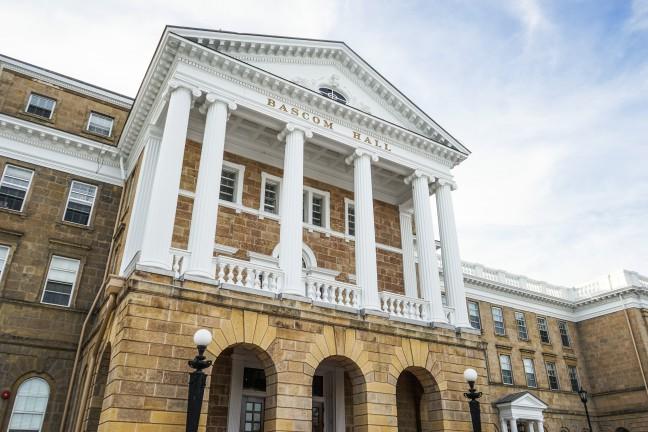The current clash between the Wisconsin Public Interest Research Group and the Office of the Chancellor is not a new fight, but it boils down to whether student segregated fees can be used to pay for lobbyists.
WISPIRG’s relationship with University of Wisconsin chancellors, past and present, has been contentious at best. For the past few years, each administration has faced issues with the group’s budget, according to Associate Dean of Students Kevin Helmkamp who met with this board.
This year is no different. The saga this time began with a rejection of line items in the WISPIRG budget for professional staff. In a meeting with WISPIRG leaders, they claimed these staff are essential to their organization. Chancellor David Ward rejected university funding for those staff and cited process problems as the main issue. WISPIRG claims the notice came just days before the appeal deadline, in the middle of finals, and so the decision remained unchallenged formally.
Faced with no university funds for their professional staff this year, WISPIRG was able to secure grants, and because it was an election year, the money flowed more freely. However, the group claims next year funding staff with private grants will be more difficult.
Ward nixed the line-item last year and is poised to do so again this year. Which is why the group is up in arms about the impending decision, one that they believe will be a repeat of last year. Ward’s office, they have claimed, simply does not understand the WISPIRG budget. They argue he is breaking the covenant of shared governance by superseding Student Services Finance Committee’s decision on the matter.
Yet it seems, despite WISPIRG’s protest, Chancellor Ward does understand the WISPIRG budget very well. In fact, he understands it well enough to see that the professional staff so crucial to WISPIRG’s organization should never get university funding so long as even a portion of their work does not directly affect campus.
WISPIRG’s organizational structure is unlike most advocacy groups. Students, who the campus branch of the group is supposed to serve, pay membership fees to a larger, national organization. These fees pay, in part, for PIRG lobbyists who bring the network’s issues to Legislatures across the country. These national lobbyists have local counterparts, and Wisconsin is no exception. While this professional staff partakes in training student activists to be more effective on campus with WISPIRG, they also lobby for issues with a non-university focus.
This is the fundamental problem with WISPIRG’s current funding structure. The Chancellor’s office believes a non-student professional whose job in part is off-campus should not be funded by the university under F50 guidelines. The administration has not openly opposed WISPIRG’s position on campus as a student group, only the funding structure for professional staff who work off-campus.
While we do not question the legitimacy or motives of WISPIRG as an organization, they have marketed this as a shared governance issue, which completely misses the point. While it is understandable that this staff is crucial to WISPIRG students, paying them with student segregated fees is bending F50 guidelines. What’s more is that the chancellor, as an administrator with his eyes on long-term university policies, is within his right under section 36.09(5) of UW System policy to veto SSFC’s decision. Not doing so could open the floodgates for advocacy groups searching for easy funding.
It is hard for advocacy groups to sustain themselves after the financial crisis. The proverbial cash flow has dried up. So when an advocacy group like WISPIRG gets steady funding, albeit by bending the rules, it is a struggle to deal with that funding’s loss.
Ward’s office is not completely blameless here, either. While he has every right to make sure SSFC is interpreting university policy correctly, he also has to maintain open channels of fair communication. Serving the notice of incorrect process just days before the final day to appeal seems like a pocket veto, which completely goes against the principles of shared governance. Regardless of past experiences with WISPIRG leadership, each year’s WISPIRG deserves a chance at the table and a thorough explanation of the thought process behind Ward’s decisions.
However, for WISPIRG to label Ward’s office as the absolute bad guy is a mischaracterization. There is some gray area that they have taken advantage of to fund employees who do not fully serve the campus. Like every other advocacy group, they will have to find funding the hard way, but the right way.


















